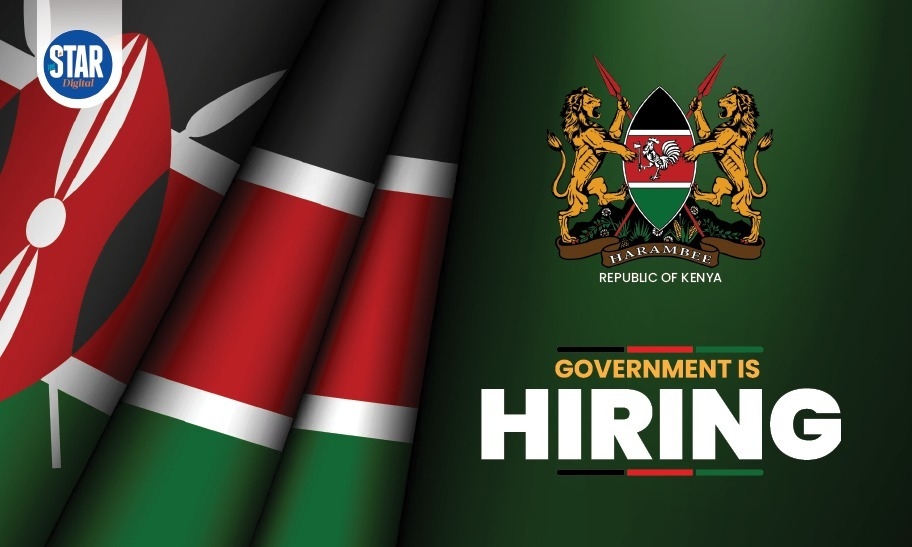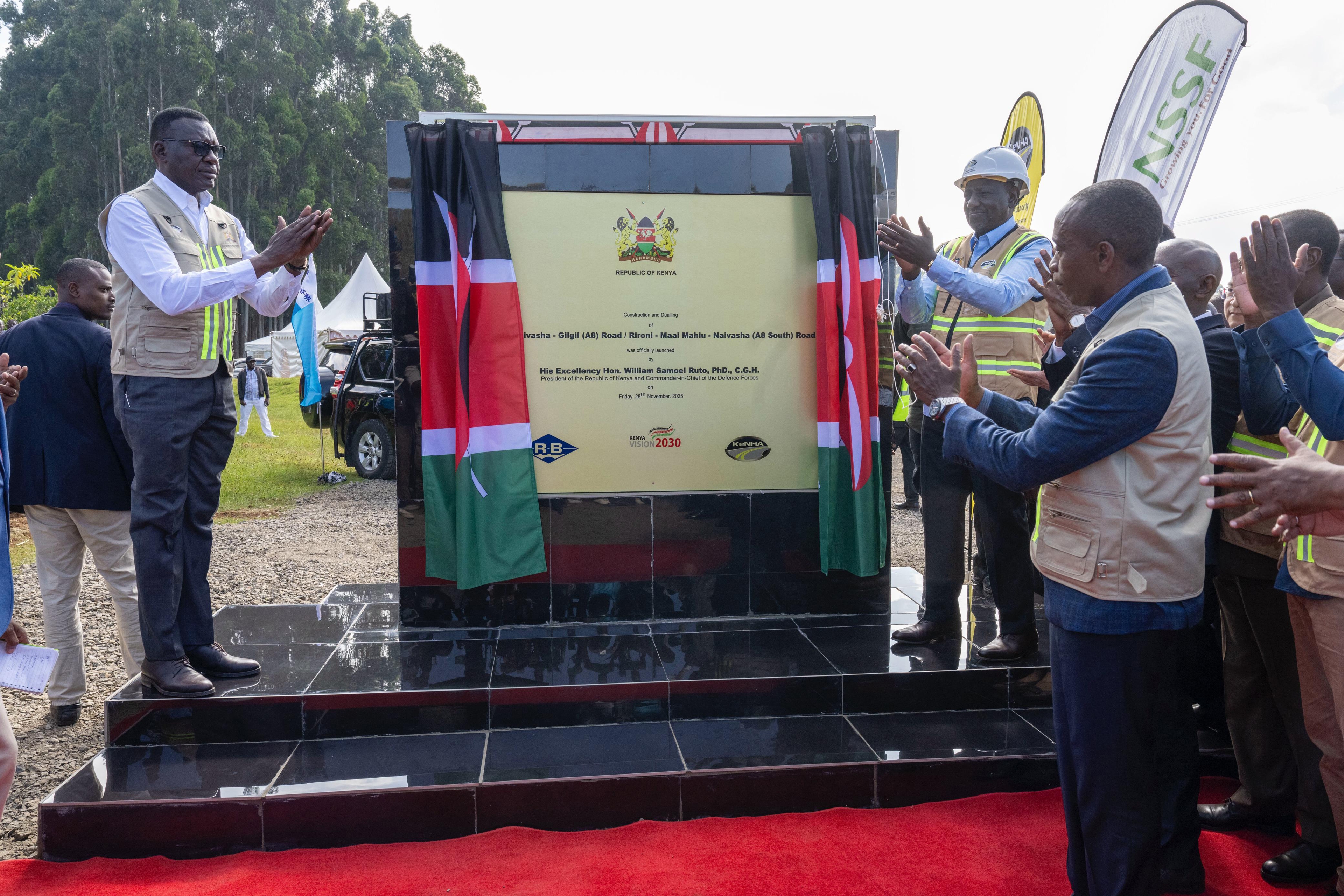On January 11, 2021, the Supreme Court delivered a judgment in an appeal brought by the Mitu-Bell Welfare Society against the Kenya Airports Authority and the state.
It has been lauded as progressive, having overturned the judgment of the Court of Appeal that was much criticised by global scholars as retrogressive for the realisation of socio-economic rights in Kenya.
The case emanated from the forceful evictions of more than 15,000 men, women and children from Mitumba village near Wilson Airport, through the demolition of their homes and schools, leaving them homeless.
Sad reminder of continuing problem
The case was filed at the High Court in 2011, when an eviction was yet to occur.
The members of the village had rushed to the High Court to stop the Kenya Airports Authority and the State (the respondents) from evicting them.
On September 23, 2011, the Judge issued an interim (temporary) order stopping any such actions by the respondents in Mitumba.
However, the respondents disobeyed the court orders and on November 19, 2011, forcefully evicted those living in the village.
The Supreme Court held that this blatant disregard of the High Court orders by the State - which led to the violation of rights - undermined the constitutional order.
This was a clear example of disregard of the rule of law by the State and it is even more disheartening that this continues, nearly 10 years later.
In May 2020 the United Nations Human Rights Office of the High Commissioner reported that forced evictions of more than 8,000 persons in Kariobangi took place during the Covid-19 pandemic, leaving people homeless.
Again, this was despite an interim court order issued by the Environment and Land Court against the evictions.
What the Supreme Court decided
The judgment tackled four main issues. Very welcome was the approval of the use of “structural interdicts” – detailed, often creative orders to government to take steps to fulfil rights and report back to the court – as an appropriate remedy under Article 23 of the Constitution.
Similarly welcome was the decision that the right to housing is not based on ownership of land and in instances of public land where people have resided for many years, the State must respect their rights to housing and dignity.
Applicability of international law
International law may seem foreign to most Kenyans, but it has a critical role in how the State realises its obligations abroad and in Kenya.
Like other countries, Kenya is bound by many treaties, which it has entered into voluntarily. Including on trade, environment and human rights. But they are meaningless if the government can ignore them.
The Supreme Court analysed Article 2(5) of the Constitution, which reads that “general rules of international law form part of Kenya law” and Article 2(6) which provides that “[a]ny treaty or convention ratified by Kenya shall form part of the laws of Kenya under the Constitution.”
Previous court judgments have given conflicting interpretations of this Article.
Customary international law
The Supreme Court considered what the “general rules of international law” mean.
It took a broader view than the Court of Appeal. Particularly, it held that it covers international customary law. International customary law is what the international community has accepted as law – even though not in formal treaties.
The Court of Appeal would have included only a particularly narrow class of customary international law – that known as ius cogens or 'compelling law' that no country may limit.
The Court’s decision means that international customary law is law in Kenya as well as binding Kenya in its relations with other countries.
Externally, Kenya is required to meet its international obligations set out in international customary law and treaties it has ratified (given formal consent to be bound).
Notably, the Court referred to Article 27 of the Vienna Convention on the Laws of Treaties, which says that States cannot argue that their local law or Constitution excuses them for not performing their duties under international law.
Using international law in Kenya
Internally, the Court says, Kenyan courts can apply international law to resolve any disputes provided that the international law is relevant and does not conflict with the Constitution, Kenya’s own legislation or court judgments.
Indeed, the Court held that where there is a gap in Kenyan law because the State has failed to pass any legislation on an issue, a court before which the matter comes must apply international law because it forms part of the laws of Kenya.
For example, since Kenya has ratified the International Covenant on Economic, Social and Cultural Rights (ICESCR) that upholds the right to housing, Kenya must ensure that it meets its obligations through the law, policy or other measures.
If the State has failed to do so, the courts must apply the international law which forms part of Kenya law. In 2011 when the Mitu-bell case was filed in Court, Parliament had not yet passed any laws on evictions.
This was also raised in an earlier judgment of the High Court in the case of Satrose Ayuma (the Muthurwa evictions case), where the judge urged Parliament to enact legislation to provide a framework on how evictions should be carried out, and the court had relied on international law to state this.
In fact, the impact of international law had already been felt before the Supreme Court judgment: Parliament responded to the call by several High Court judges to enact a law, in line with international standards to provide guidance on a rights-based approach procedure of evictions.
This was introduced in the Land Laws Amendment Act, 2016 which came into force on September 21, 2016, and which introduced the legal procedures for eviction in Section 152 A-I of the Land Act.
An analysis of this law shows that indeed Parliament was influenced by UN Guidelines and General Comment No 7 on the right to adequate housing to provide steps and procedure that must be followed when evictions are being carried out on the public, private and community land in Kenya.
The United Nations Committee on the ICESCR has published that General Comment No 7 (under Article 11(1) of the ICESCR on Forced Evictions) and 'Basic Principles and Guidelines on Development based Eviction and Displacement' (2007).
The Supreme Court faulted the Court of Appeal for finding that for a court to use those Principles and Guidelines was unconstitutional without providing reasons why this was so.
It is true as stated by the Supreme Court that UN resolutions, guidelines, declarations and comments are 'soft law', which is not binding and so are not general rules of international law.
However, some of them could become so accepted that they become customary international law - as happened to the Universal Declaration of Human Rights.
Even 'soft law' that has not, as it were, hardened into customary international law so is not binding on members of the international community, can be used by the courts in Kenya.
They can for example use them to interpret the Bill of Rights like the High Court that used the UN General Comment No 7 on forced evictions to interpret the right to dignity and housing in Kenya and to issue appropriate remedies for the violation of those rights.
The Supreme Court observed that General Comment No 7 is anchored in Article 11(1) of the ICESCR, which Kenya has ratified and so forms part of the laws of Kenya under Article 2(6).
The importance of this analysis of international law in the Mitu-Bell judgment is that it signals to the State and the courts that international law is a source of law in Kenya.
And even soft law can be used by courts and government bodies to aid in interpreting specific rights and obligations which Kenya has accepted internationally.
And when they also appear in the Constitution this international law is also relevant to interpreting the Constitution.
The author is an advocate of the High Court of Kenya











![[PHOTOS] Ruto present as NIS boss Noordin Haji's son weds](/_next/image?url=https%3A%2F%2Fcdn.radioafrica.digital%2Fimage%2F2025%2F11%2Ff8833a6a-7b6b-4e15-b378-8624f16917f0.jpg&w=3840&q=100)

